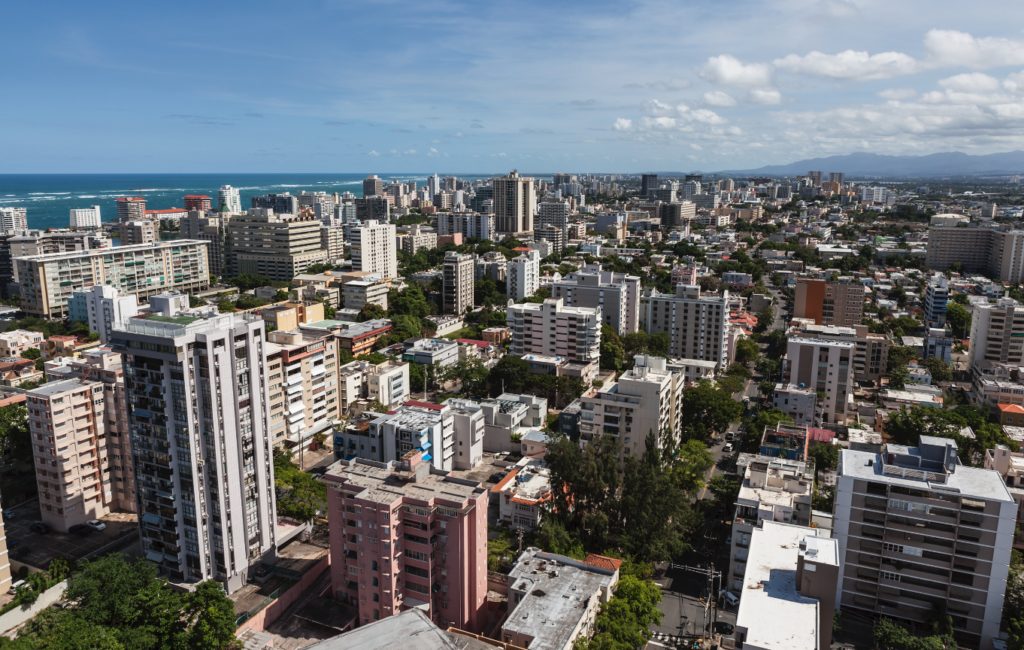A Brief History Lesson:
Previously known as Act 22 or the “Individual Investors Act,” Puerto Rico enacted this law on January 17th, 2012. Much like its counterpart for businesses (Act 20), Act 22 was created to stimulate economic growth—but focused on empty nesters, investors, retirees, and higher net-worth individuals.
Act 22 provided 0% capital gains tax for gains received after moving to Puerto Rico assuming successful satisfaction for bona fide residency. This is entirely possible because the US Federal Government does not tax Puerto Rico residents but leaves this responsibility to the Puerto Rican government.
On January 1st, 2020, Act 22 was replaced much like Act 20 with Act 60.
Tax Benefits Under Act 60 for Individual Investors
New Puerto Rico residents that qualify can receive the following benefits for income acquired after the individual starts the bona fide residency process (before January 1, 2036):
- 100% tax exemption from PR income taxes on all dividends
- 100% tax exemption from all PR income taxes on all interest
- 100 tax exemptions from all PR incomes taxes on short- and long-term capital gains
- 100% tax exemption from all PR income taxes on crypto assets
A few important clarifying notes:
It is critical to understand the bona fide residency process—your relocation and your tax strategy. Take stocks for example, which are considered personal property and therefore a capital gain. The date you establish your new tax status is the date in which you commence the start of becoming a bona fide Puerto Rico resident is called your move date, or the date you no longer have a tax home within the United States. Then for Act 60 to take full effect you must successfully obtain your tax decree and satisfy the bona fide residency conditions within the same tax year. If you are unsuccessful in accomplishing this within the same tax year, all income earned the year will be taxed at the US rate.
Dividends and interest are not typical capital gains but are considered investment income because of how non-reliant the initial expenditure can be. Given that the IRS considers the source of income to be where the payer or company are located out of, there is a chance you may still owe US taxes on these investment incomes after moving to Puerto Rico.
Moving to Puerto Rico
Under Act 60, you will need to become a bona fide resident of the island and will need to satisfy the following three tests:
- Presence test – be present for at least 183 days in Puerto Rico during the current tax year
- Tax home test – known as the office test, this helps prove that you do not have a tax home outside of Puerto Rico during the tax year
- Closer connection test – to prove your loyalty to PR, this test helps prove that you are building connections and a life that will last in Puerto Rico
Under Act 60, one major change that became requirement was to purchase property. Within two years of getting the tax-exempt decree, the grantee must hold and remain a permanent residence throughout the decree’s duration.
